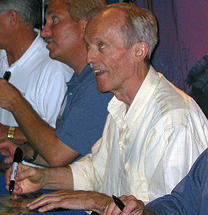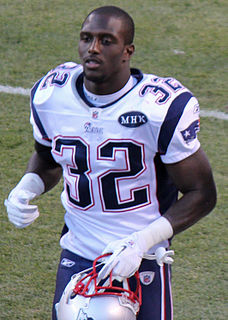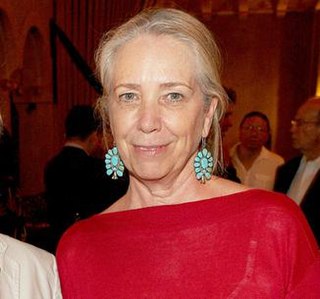A Quote by David Yates
My own idea about 3D is that it is there to enhance the viewing experience but I don't think that you have to use it in a tricky way, I think that the minute you sacrifice story and character for something coming out of the screen, I think you've lost it.
Related Quotes
I feel like my job as a storyteller and director is to create an experience where the audience forgets they're in a cinema and can get lost in the story. Things popping out of the screen call attention to the artifice of what you're doing, so I use 3D as more of a window into a world behind the screen.
When the next generation of content is developed, we have to think in a totally different way. Think about it more symbolically. The main story that you see on the TV screen is maybe like the living room of a house. But there are various other rooms in this house that you will otherwise never see. But if you use the Internet, you find out what's in the attic. And if you use the cell phone, you find out what's on the first floor. And on another medium, you find out what's in the cellar.
Now 3D is no longer a fad but I don't get all crazy about it and say that everything has got to be in 3D. It is a nice tool, like color or sound or whatever. I was quite intrigued and I learned, 3D opened up a lot of questions about how to use it. I think it is great. It's like if a movie needs to be in black and white then that's how I will shoot it. I see color as just another character or black and white as a character.
We're living history all the time, in the papers, in the news, you think about stuff and it goes into your brain and you think about it and it comes out somehow. You have an idea; you've heard a phrase, or you're angry, or something disturbs you, or something seems paradoxical to you, you explore that idea, much like a writer would explore maybe an idea through metaphor. Maybe artists use their vehicle to explore ideas, so I think the things that interest me are the kind of idea of continuous change and how nothing stays the same and it's always disintegrating into something more.
Oftentimes, when we think of 3D, we think of things coming out of the screen, but actually, you've got this zero, this negative space, what they call the negative space, which is the scene, what's being filmed in the positive space of the audience. As you can have things come out, you can have all of this depth.
For better or worse, I seem to gravitate toward writing about something or someone else, then have my own self shove its way into that story. It seems insanely narcissistic. But I also think there's a particular effect that comes from using my autobiography in service to another story, as opposed to being the subject. I'm much more comfortable working in that mode. And I do think I have a persona or mood that I keep coming back to: self-conscious, self-critical, unsure. I write a lot about bodies, particularly male ones, usually as a point of emphasis for my insecurities about my own.
I think when you look at the NFL, I think people try to highlight the negative things. So, I think anything that brings a positive light to our game and to the men that go out here and sacrifice and put their bodies on the line and still use their free time to give back and help other people out, I think that's what it's about.
If children are given some real content, they can feel powerful with their own understanding of it. I think a movie like 'Indian in the Cupboard' will instruct them how to proceed as people. They can think about whether they would have done something the way a character did, how they would have felt about an event in the story.
Thinking about making a love story without music was really frightening, Sciamma admitted. Because every love story we know, we think about 'Titanic' we think about the music, we think about 'Gone with the Wind' we think about the music, we think about 'E.T.' we think about the music, and every love story has its own tune, 'That's our song.'





































